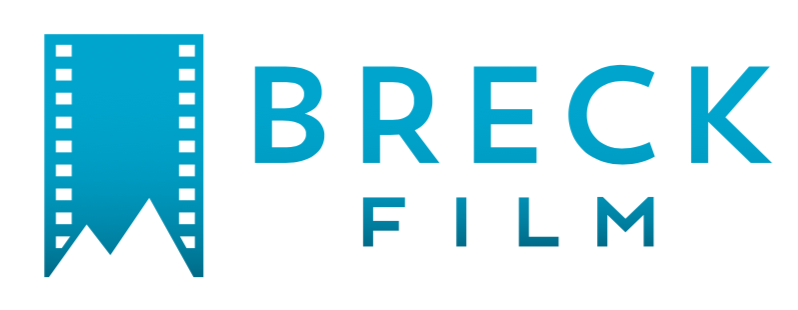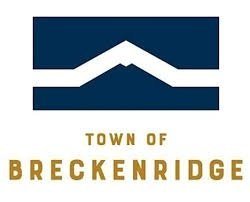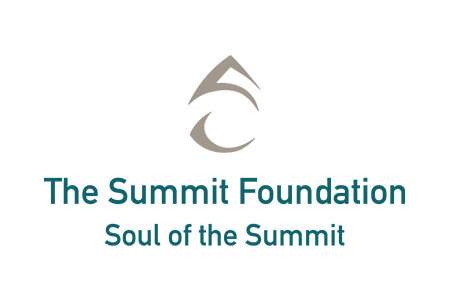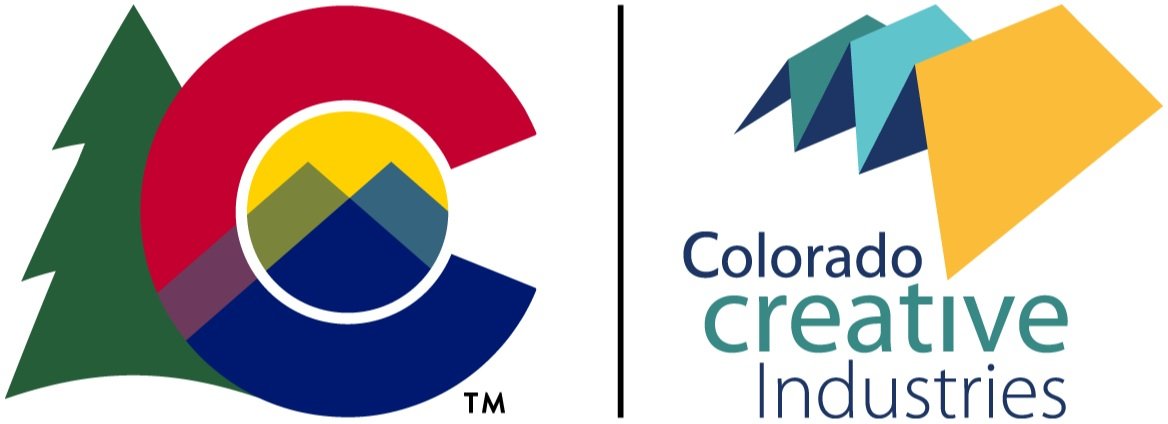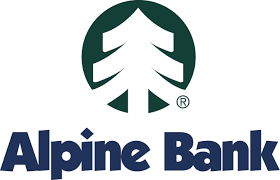FILMMAKER OF THE MONTH • JULY 2020 • KURT NEALE
/Kurt Neale
July 2020 Filmmaker of the Month
Professional Bio:
Independent filmmaker Kurt Neale is a native of Texas and has worked in 17 countries over the past 40 years as a filmmaker, photographer and storyteller. Kurt’s work unveils the complexities of sensitive subjects, provoking self-reflection while cumulating with the mysterious collision of truth and grace.
His first film, Compelling Love (2015, 93 min, Spotlight Documentary Film Gold Award), a documentary that invited both sides of the polarizing cultural debate around gender identity and sexuality, without political agenda, to connect with the other despite their differing beliefs or, even offense. His film Ask (2017, 81 min)—normalizing addiction and codependency while questioning, what everyone touched by the disease wants to know, can love survive it?—won Best Spiritual Film at the 2017 Breckenridge Film Festival. It also screened at numerous recovery-industry festivals and events, including The New Jersey Recovery Film Festival (Best Strength Film, Best Editor, and Best Cinematography).
Normie (2019, 71 min), is about a young Dallas millennial who looks in the mirror and sees Down syndrome. She hates it. To her, the diagnosis is a giant barricade keeping her from the independence and intimacy she desperately desires. She embarks on a journey of self discovery as she tries to understand what it means to be normal. What gives a person value? Or better yet-what gives you value? Normie was screened at the 2019 Breck Film Fest where it won an Audience Award along with screening at several other film festivals. Kurt has been married to his wife, Julie, for 40 years and they escape to the mountains in Colorado every chance they get.
Visit Compelling Light to learn more about Neale’s nonprofit—a community of uncommon friends that uses art and personal story to illuminate God's love for all mankind.
Filmmaker Interview with Kurt Neale
KURT NEALE’S FILM “NORMIE” WAS PLAYED AT BRECK FILM’S 2019 FESTIVAL, WHERE IT WON 3RD PLACE FOR “AUDIENCE AWARD.” THE FILM WAS ALSO SCREENED AT THE PILOBOLUS FIVE SENSES FEST, 2019 NATIONAL DOWN SYNDROME CONGRESS FILM FEST, 2020 GREATER FARMINGTON FILM FEST, AND THE 2020 DURANGO INDEPENDENT FILM FEST.
Tell us your backstory. How and why did you get into filmmaking?
I grew up in the 60’s and 70’s in a dysfunctional and fascinating home. The environment was very similar to the TV show, Mad Men. My Dad was a talented automotive artist and successful advertising executive while my Mother was a homemaker. My parents had several fascinating friends who sometimes dropped by which contributed to our home being a fun and exciting place. Some of these famous friends included Dallas Cowboy football players like “Dandy” Don Meredith and auto racing celebrities such as Carroll Shelby.
I was a kid that struggled in school and excelled at football. I always felt stupid. As an adult I discovered my problem was undiagnosed dyslexia. Around the age of 13, while on a deer hunt with my Dad, he allowed me to use his Nikon camera. I was hooked immediately as I saw how I could express emotion and tell stories through the lens of the camera.
I attended college at SMU in Dallas on a football scholarship where I majored in Broadcast Film. For the first time in my life I found I could excel in my classes. I think because of the pain I have experienced in my life- of feeling I was never enough-good enough, smart enough, fast enough, this has greatly influenced my filmmaking. I am committed to honor the depth and vulnerability of the human experience.
My faith has played a big role in my life and because of that I am always drawn to themes that are spiritual in nature. I also know that one’s beliefs, whether philosophical, religious or political, are rarely overturned by coercion or power absent of compassion. Instead of using the screen to preach answers at the audience, I always hope my films “flip the lens” and draw the viewer into honest questions for themselves.
What films have been the most inspiring or influential to you and why?
To Kill a Mockingbird: It is a timeless and powerful story of someone standing for justice. The acting is superb, along with incredible lighting and stirring music.
Forrest Gump: “I’m not a smart man, but I know what love is” has to be one of the greatest lines. Such an inspiring film.
It’s a Wonderful Life: George Bailey discovers the priceless and painful gift of being fully known and fully loved.
What is harder? Getting started or being able to keep going?
Finishing a film is the hardest thing for me. As I have gotten older I would rather be drawn to a project rather than driven by one-driven to finish it. I equate drive with my destructive ego (a world of self-focus) that hurts those around me. I can run over people to get what I want and to get things done. But when I feel drawn to a project, I am slightly more patient.
Where do you get your inspiration from?
My faith informs my filmmaking. Our country today feels less empathic and more fractured than ever before. The quest for power and control leaves little room for questions. But in a culture where everyone is clamoring to be the superstar, I find myself more and more drawn to the misfit. Perhaps this is because I myself feel fundamentally flawed and acutely aware of my own brokenness. Everywhere I turn, I am bombarded with unequivocal facts, but what I deeply crave is a creative platform to ask vulnerable questions. My style as a filmmaker is to reveal the magic and beauty of the natural world in a way that draws people into a spiritual experience.
What is your favorite aspect of film production?
My favorite part of filmmaking is when the creative process facilitates genuine relationship. This seems to occur when I invite collaboration from those involved in the film. Of course, at times it can be extremely messy as inevitably someone may feel very passionate about their opinion and we disagree. But it also creates deeper bonds of trust and friendship as we have to work to extend grace and forgiveness toward each other.
Can you describe the business behind independent filmmaking and how you are trying to get your film seen?
I am not good at the “business” behind independent filmmaking-particularly distribution. This is where I lean on other people on my team and on my Board of Directors from my nonprofit, Compelling Light to guide me. I try abide by the guiding principal of not going into debt to make a film. Our hope is to get our most recent film on a video-on-demand release through a streaming provider.
What are the hurdles you have had to overcome in order to recoup the cost of producing the film?
I have made hundreds of nonprofit short films and 3 feature length documentaries. A big hurdle in making nonprofit films is the additional time needed for cultivating donations. Producing on a “shoestring budget” has forced me to rely significantly on volunteer help in most areas of production and distribution. This can be extremely tricky for many reasons. A huge barrier when relying on volunteers is the fact that they have “full-time real jobs” too which affects their time and availability. Our out-of-pocket costs for the the 3 feature documentaries have each averaged around $175,000. But this figure does not reflect all the volunteer man hours, the donated air miles, sleeping in people’s homes when shooting in other cities, etc.
What are the next project or projects you are beginning work on?
I am currently working on a project regarding racism, truth and grace.
